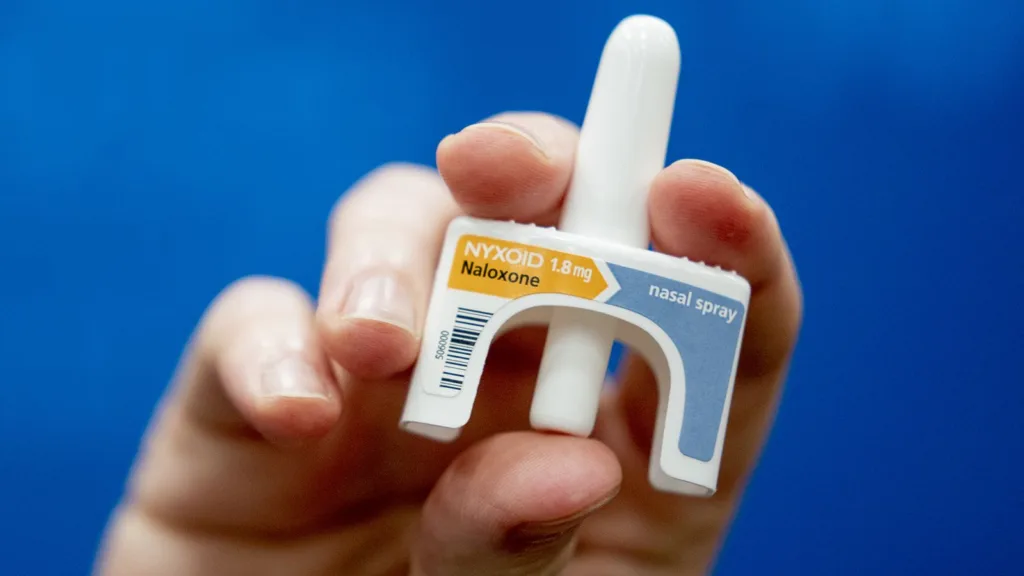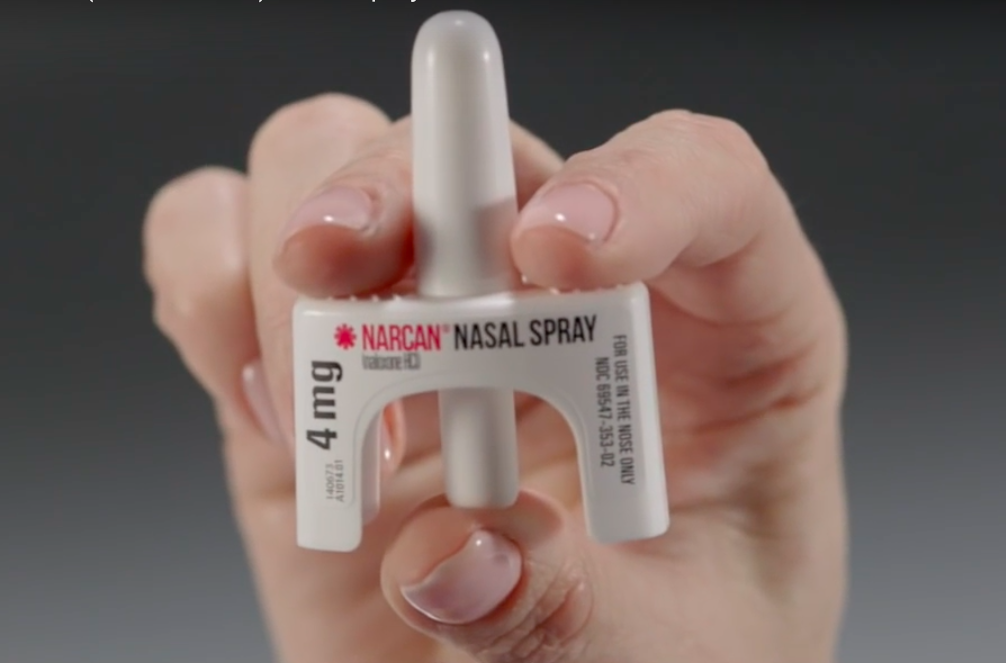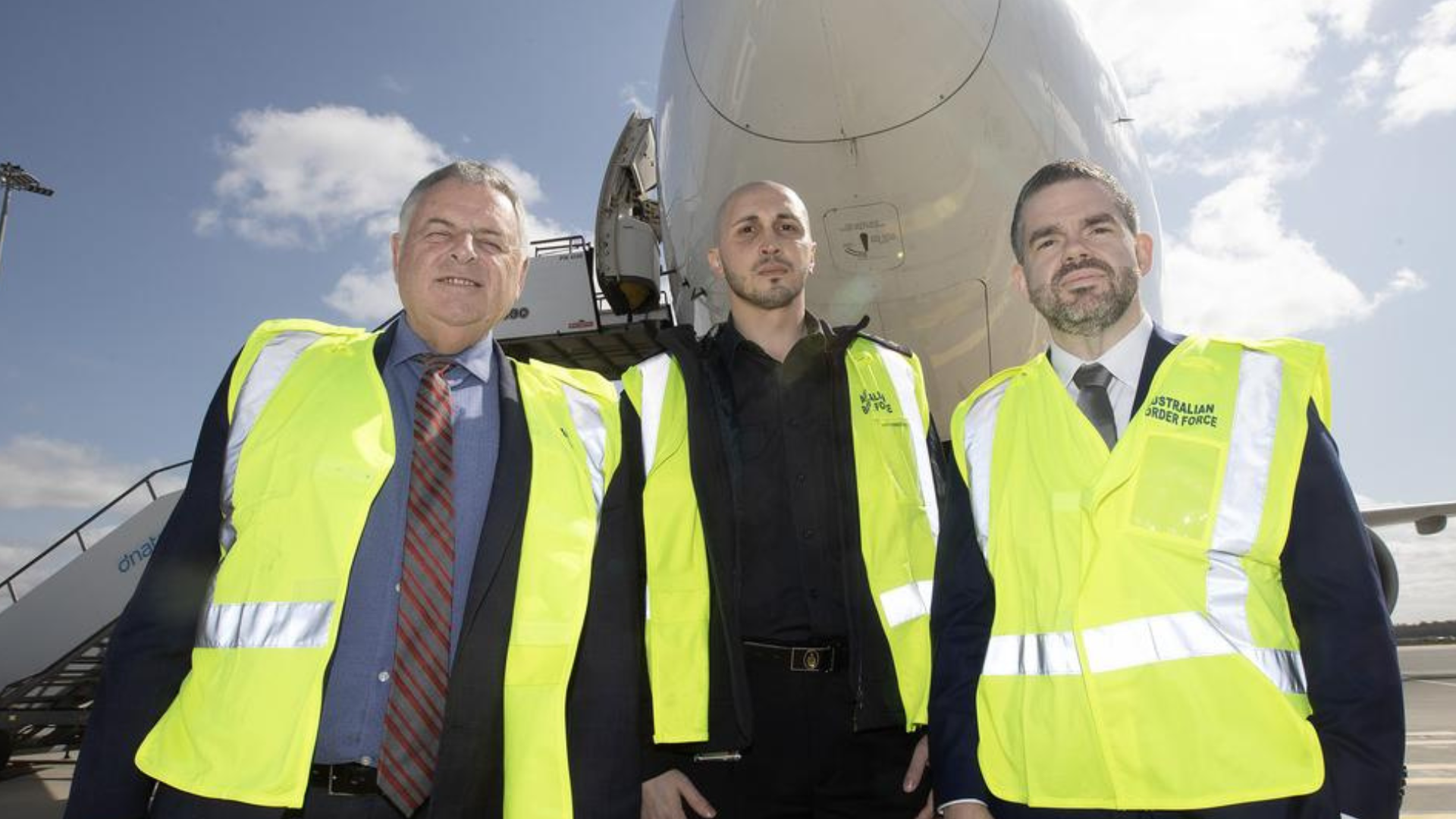In response to the growing threat of fentanyl, the Australian Border Force (ABF) has begun distributing life-saving naloxone spray to staff at airports. This measure is intended to protect officers in the event of accidental exposure to fentanyl, a narcotic that is up to 50 times more potent than heroin.
The introduction of naloxone comes amid heightened concerns about a potential surge in fentanyl entering Australia. This week, border security officials from the United States, Canada, New Zealand and Australia convened in Melbourne to exchange intelligence on the latest tactics used by drug smugglers.
Inspector Costas Karatzas of the ABF highlighted the need to stay ahead of evolving criminal tactics during a recent inspection of an aircraft at Melbourne Airport.


Inspector Karatzas emphasised the importance of understanding “emerging trends and tradecraft” used by criminal groups to infiltrate communities with illicit drugs.
“We’re looking at the current methodologies that the crime groups are using to flood our communities with illicit drugs,” Inspector Karatzas stated.
Inspector Karatzas, who played a key role in Operation Tin Can—a major operation in 2022 that led to the seizure of nearly 100 tonnes of cocaine—cited the success of that joint exercise as a critical foundation for the current training. Operation Tin Can, which involved border security forces from 58 countries, demonstrated the effectiveness of international collaboration in tackling drug trafficking.
“It’s a real threat that we’re aware of and it’s in our mind any time we open any compartment whether it be on board an aircraft, inside a travellers bag or in the cargo environment as well, it’s definitely something we’re on top of and are always keeping our officers aware of,” he added.
Source: Herald Sun.
